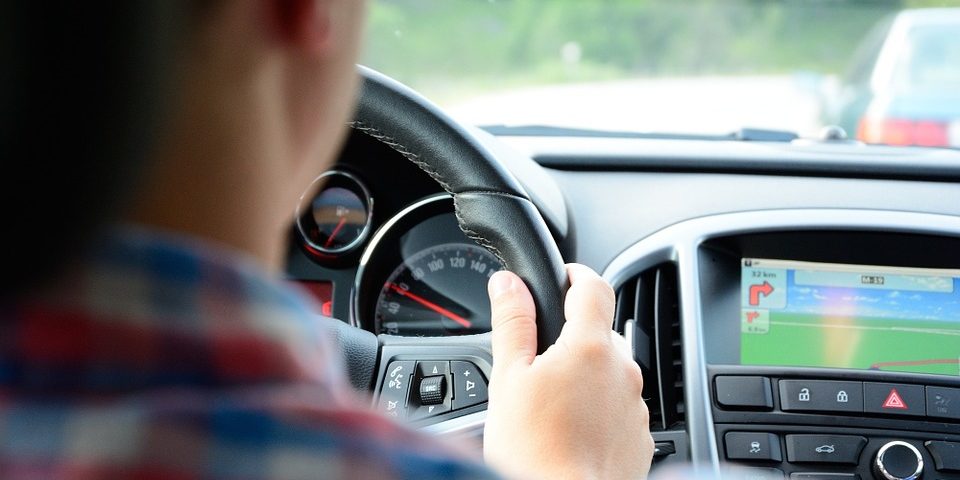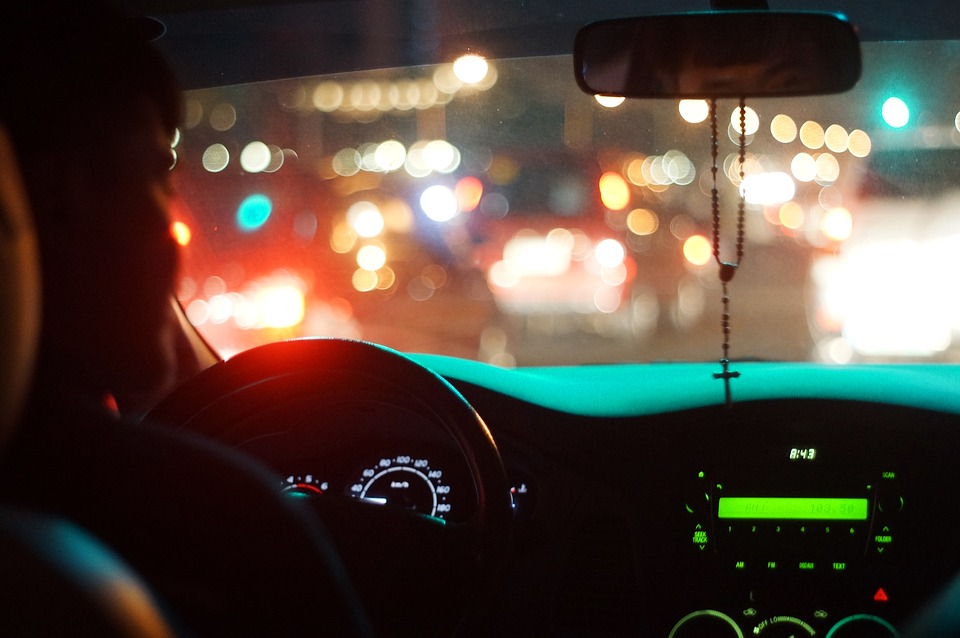Ever wonder why it is so hard to seek entry into Canada as an emigrant with drunk-driving on record? As of November 28, 2019, a new drinking under impairment (DUI) legislation in Quebec came into effect that forces repeat drunk drivers to use a breathalyzer for the rest of their lives. It is aimed at combating impaired driving for those found guilty of a second (or more) offence. The measure is in addition to existing penalties, which include licence suspension, vehicle seizure and criminal sanctions, under the Highway Safety Code and Criminal Code.
By comparison, drivers in Ontario who are convicted of drunk driving twice in ten years need to use a breathalyzer for at least three years.
The introduction of this new strict drunk-driving law is, again, a reminder to those with DUI records how committed the Government of Canada and the Government of Quebec are in combating drunk-driving. Emigrants, whether foreign nationals hoping to obtain a permanent residency or a temporary resident permit, should bear in mind that Canada views drunk-driving as a serious issue, and any failure to disclose one’s DUI record may result in graver consequences.
According to the Société de l’assurance automobile du Québec (SAAQ). People convicted of drunk driving twice in one decade will need to blow into the machine every time they start their car to prove they haven’t been drinking — for life. Drivers who are caught without the interlock device will be fined $1,500, have their vehicles impounded for 30 days, and have their licence suspended for three months.
This strict measure is introduced in light of the SAAQ’s statistics that alcohol-related road incidents cause 100 deaths, 220 serious injuries, and 1,800 minor injuries each year, in Quebec.
“Although road safety is improving in Quebec, accidents caused by drinking and driving are still causing too many deaths each year,” stated François Bonnardel, Minister of Transport of Quebec the Estrie region. “With this new measure … we are sending a clear message to motorists and repeat offenders: driving while impaired by alcohol or drugs is unacceptable.”
Andrew Murie, CEO of Mothers Against Drunk Driving (MADD) Canada, commended the province for the change. “When you compare it to other provinces, nobody else has done anything like this,” Murie said. “It would be the toughest interlock legislation, not only in Canada but globally.”





